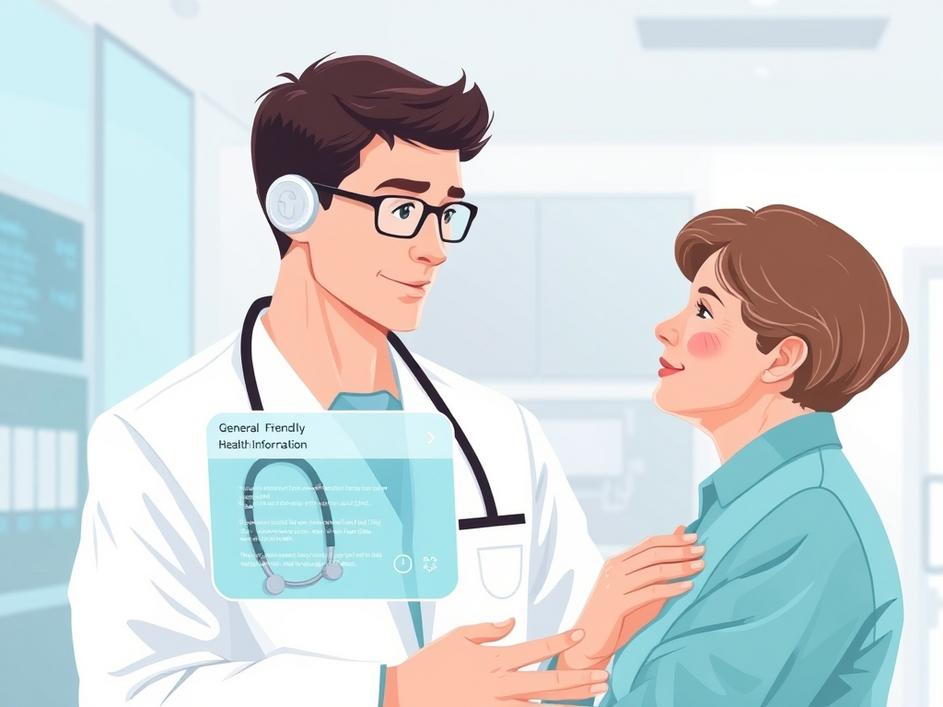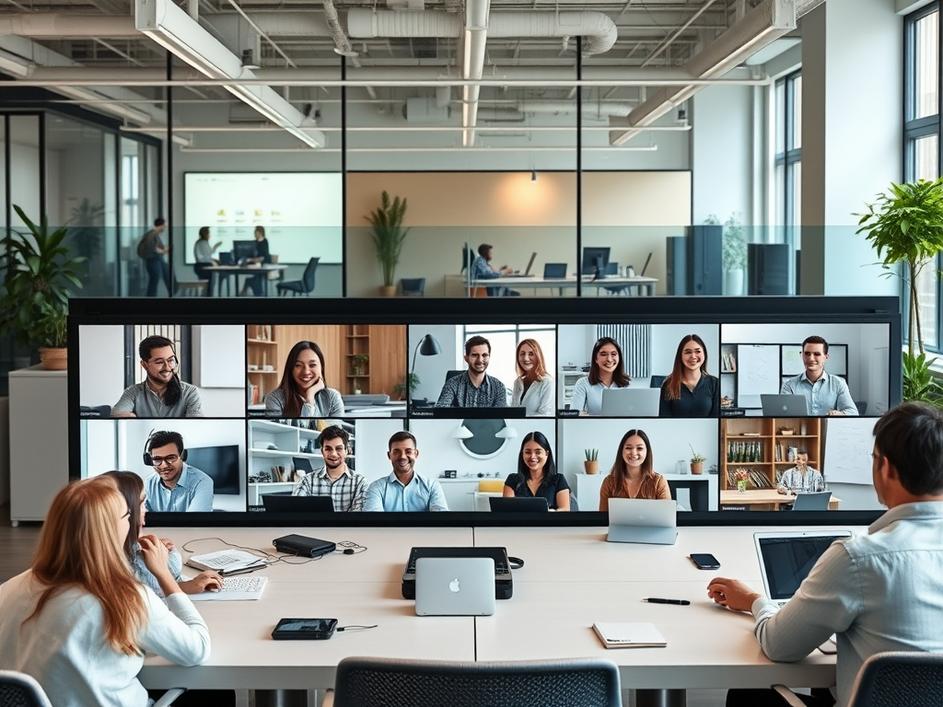


We are a digital agency helping businesses develop immersive, engaging, and user-focused web, app, and software solutions.
2310 Mira Vista Ave
Montrose, CA 91020
2500+ reviews based on client feedback

What's Included?
ToggleLately, there’s been a lot of talk floating around about AI and health advice. You might have seen posts suggesting that tools like OpenAI’s ChatGPT have suddenly stopped giving any health information at all. People were getting worried, thinking they could no longer ask a quick question or look up something simple about their health using these smart programs. It felt like a big change, and for many, it seemed like AI was stepping back from an area where it could be really useful. But, like many things on the internet, the full story is a bit more nuanced than the viral headlines suggest. It turns out, AI can still be a valuable source of general health information, which is a good thing for curious minds. The key, however, lies in understanding a very important distinction: information is not the same as personalized medical care. And that’s where the line truly gets drawn.
So, what really happened to spark all this confusion? OpenAI, like any responsible technology company, regularly updates its guidelines and policies, especially in sensitive areas like health. When these updates happen, sometimes the way they are communicated, or how people interpret them, can lead to misunderstandings. What actually changed wasn’t a complete shutdown of health-related inquiries. Instead, it was more about emphasizing a critical boundary. OpenAI made it clearer that while its models can provide broad medical information – things you might find in a textbook or a reliable health website – they cannot, and should not, act as a substitute for a qualified medical professional. This means the AI won’t diagnose your condition, tell you what medicine to take, or offer a treatment plan. It’s a sensible distinction, aiming to protect users from relying too heavily on automated responses for complex personal health matters. So, the AI didn’t become mute on health; it just got a clearer set of rules for how it talks about it.
Think of ChatGPT, or similar AI tools, as an incredibly smart and fast encyclopedia for health. It’s like having access to a vast library of medical knowledge right at your fingertips. You can ask it things like, \“What are the common symptoms of a migraine?\” or \“How does regular exercise impact mental health?” You can even inquire about different types of vitamins and their benefits, or ask for a simple explanation of a complex medical term your doctor used. These are all general information queries that the AI can handle really well. It can help you understand basic concepts, learn about conditions, and even suggest general wellness tips, like the importance of a balanced diet or enough sleep. It’s fantastic for research, for making sense of medical jargon, or for getting a quick overview before you speak to a professional. But and this is a big but it doesn’t know *your* body, *your* specific medical history, or *your* unique symptoms. It’s a generalist, not a personalized care provider.
This brings us to the irreplaceable role of your human doctor. When you walk into a clinic, your doctor doesn’t just pull up facts from a database. They look at you, listen to your concerns, ask follow-up questions about your lifestyle and family history, and often perform physical examinations. They consider the whole picture. A human doctor can empathize, understand your worries, and factor in things that an AI simply cannot: the subtle nuances of a physical symptom, the emotional impact of an illness, or the complex interactions of multiple health conditions and medications. They can order tests, interpret results in context, make a diagnosis based on years of training and experience, and create a personalized treatment plan that fits *you*. Most importantly, they are accountable and bound by ethical guidelines. Relying on AI for diagnosis or treatment can be incredibly dangerous. Self-diagnosing from a general AI response could lead you down the wrong path, causing unnecessary anxiety or, worse, delaying proper medical care for a serious condition. There’s no algorithm that can replicate the comprehensive, compassionate care a human medical professional provides.
From my perspective, AI in health isn’t about replacing doctors; it’s about making us more informed patients. We should see it as a powerful educational tool. Instead of asking, \“What\’s wrong with me, AI?” consider asking, \“Can you explain what \‘hypertension\’ means in simple terms?” or \“What are some common questions I should ask my doctor about managing diabetes?” Use AI to better understand the information your doctor gives you, or to formulate thoughtful questions for your next appointment. It can empower you to engage more deeply in your own healthcare journey, helping you to understand your body and potential health issues better. But always, and I mean always, use that information as a starting point, not as a final answer. Your health is too important to leave to an algorithm that lacks real-world understanding, empathy, or the ability to truly diagnose and treat. It’s about combining the efficiency of technology with the irreplaceable wisdom and care of human expertise.
So, let’s clear up any lingering doubts: OpenAI and similar AI tools can still be a helpful resource for general health information. They are designed to answer questions, explain concepts, and provide broad data, making knowledge more accessible than ever before. But they are not, and probably never will be, your doctor. The updates from OpenAI simply reinforce this crucial boundary, reminding us that while AI can be a fantastic assistant in understanding health, it cannot replicate the personalized care, diagnosis, and treatment that only a human medical professional can provide. The future of AI in health is exciting, but it’s a future where technology works alongside human experts, enhancing our abilities and understanding, rather than replacing the critical human connection and judgment that defines good medicine. So, stay informed, use AI wisely, and always consult your doctor for anything related to your personal health.



Comments are closed